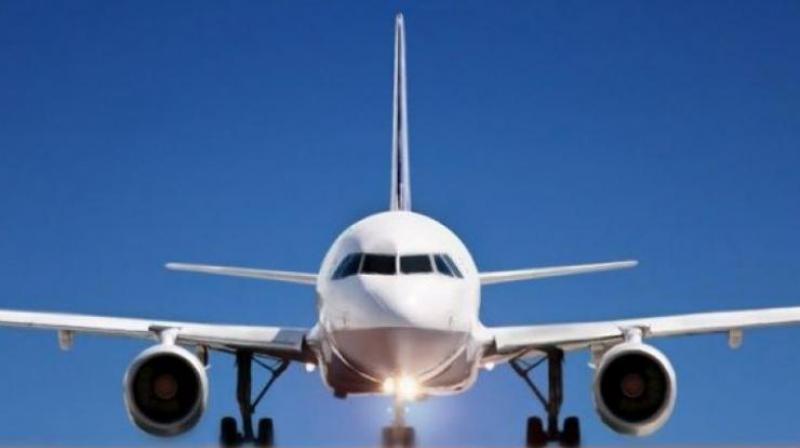New planes may lower Spicejet's fuel cost by 25 p/CASK: Report

Mumbai: Low cost carrier Spicejet is likely to see around Rs 0.25 reduction in fuel cost per available seat kilometer (CASK) in FY20 over the December quarter based on the prevailing crude prices and the rupee levels, and as it inducts new planes, says a research report on the airline.
The Gurugam-based airline, which posted a much lower profit at Rs 55 crore in the December quarter over the period year-ago, down 77 percent year-on-year, may see this cost declining further by another around Rs 0.10 seat-kilometer as it inducts more fuel-efficient Boeing 737-Max8 aircraft, brokerage Elara Capital in a note Tuesday.
The Company has seven Boeing Max and one 737 freighter lined up for inductions during the last quarter of this financial year.
"We estimate Spicejet fuel CASK (cost per available seat km) will decline by around Rs 0.25 per seat-km for FY20 over the December 2018 quarter numbers, based on current crude prices and the rupee level.
"Moreover, addition of fuel-efficient Boeing 737-Max8 aircraft would further reduce fuel CASK by around Rs 0.10 per seat-km," Elara said.
Impacted by a 34 percent increase in fuel cost and another 11 percent surge in exchange rates, the airline's net profit plunged 77 percent to Rs 55 crore during the three months to December from Rs 240 crore a year ago.
There was a 10 percent annualized improvement in average fare, although it was down 18 percent on higher fuel cost at Rs 1.68 per seat-km, which was up 32 percent, the report said.
Noting that strong growth in fares will sustain, the note said," our air fare tracker, which shows a 15-day advance air fare of 653 domestic routes, states average industry yield improved around 15 percent during January-February on declining capacity of Jet Airways."
The brokerage expects Spicejet to benefit further from falling competition in regional routes, comprising around 10 percent of its passenger volume.
"We saw regional routes premium over the industry rise to Rs 3.9 per seat-km during January-February compared to Rs 2.9 per seat-km during April-December period last year," it added.

